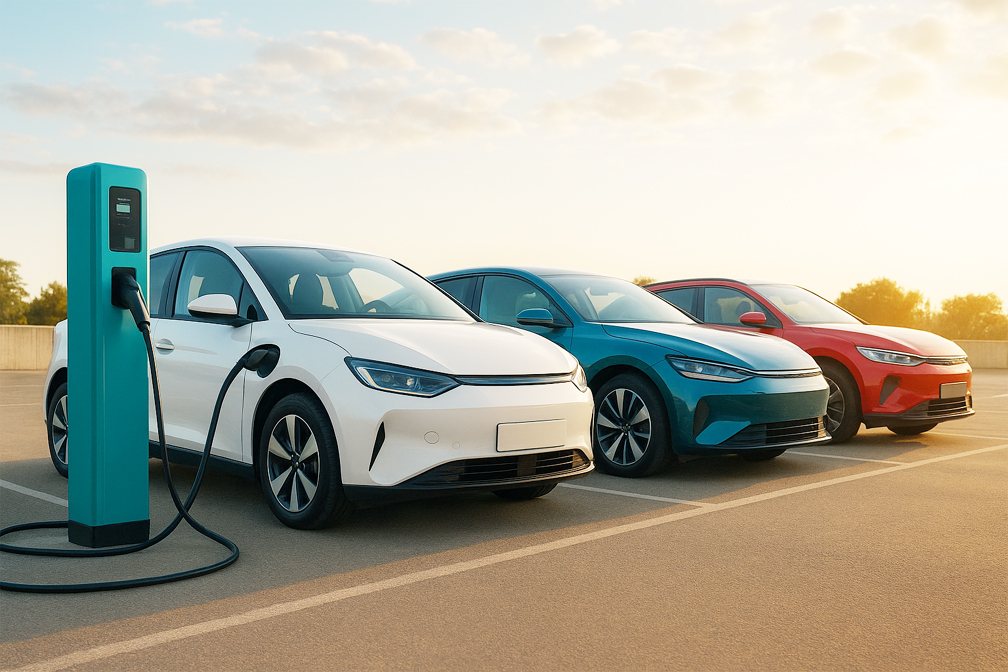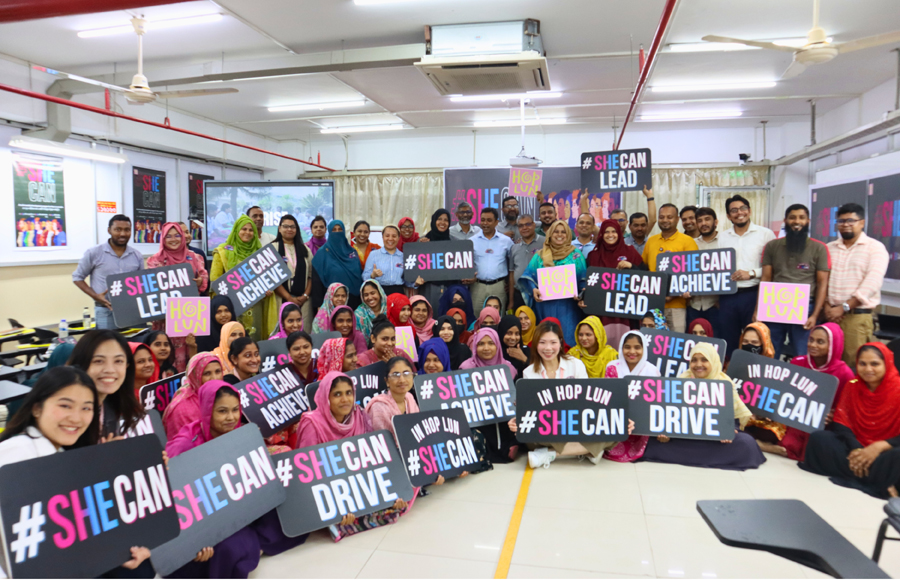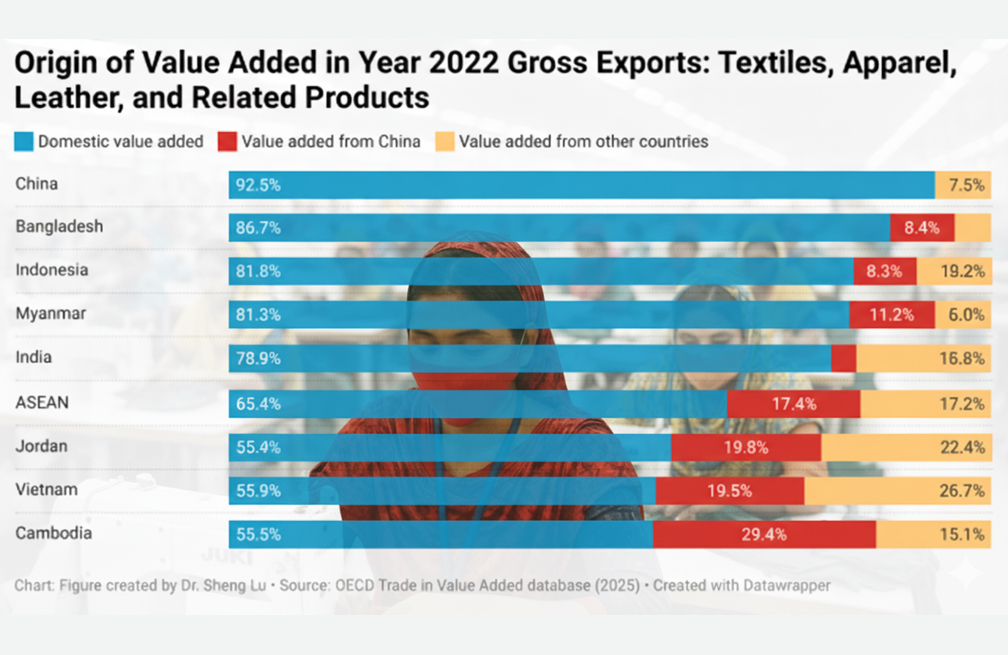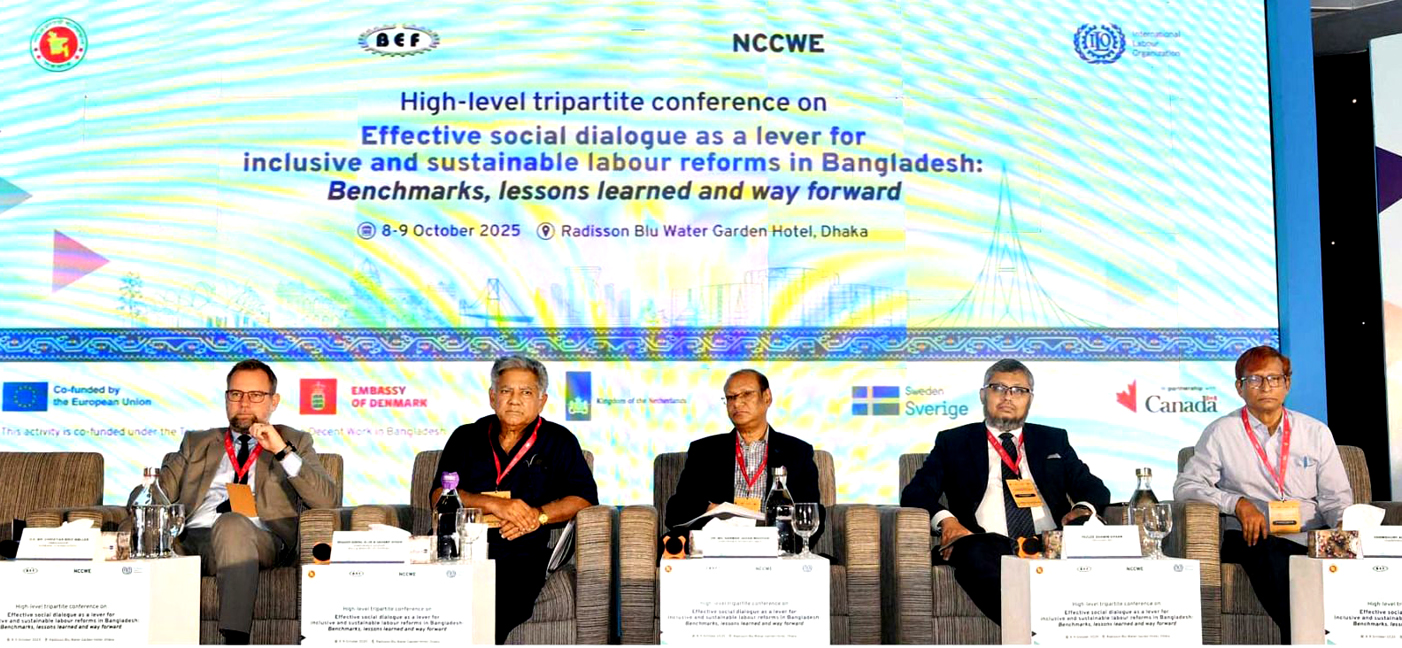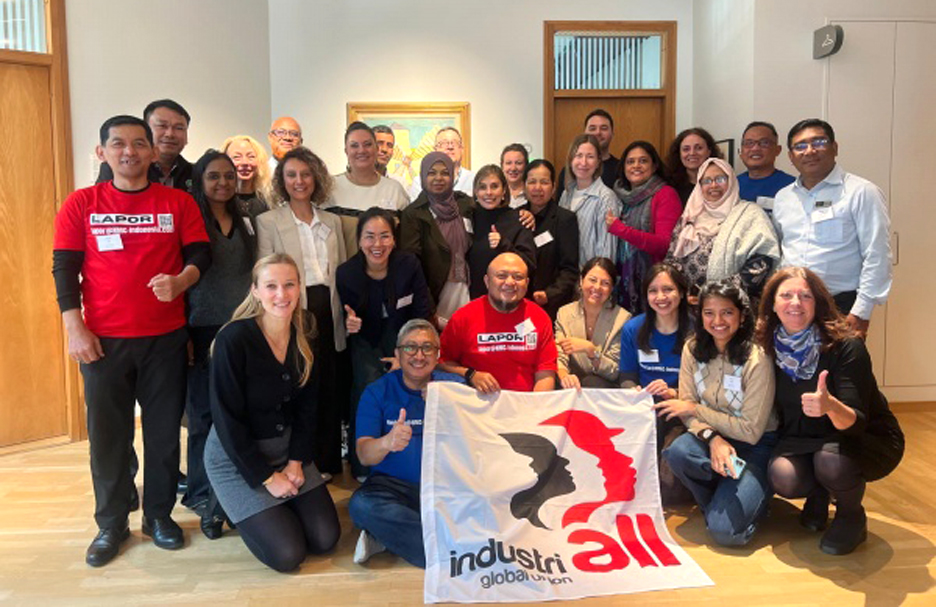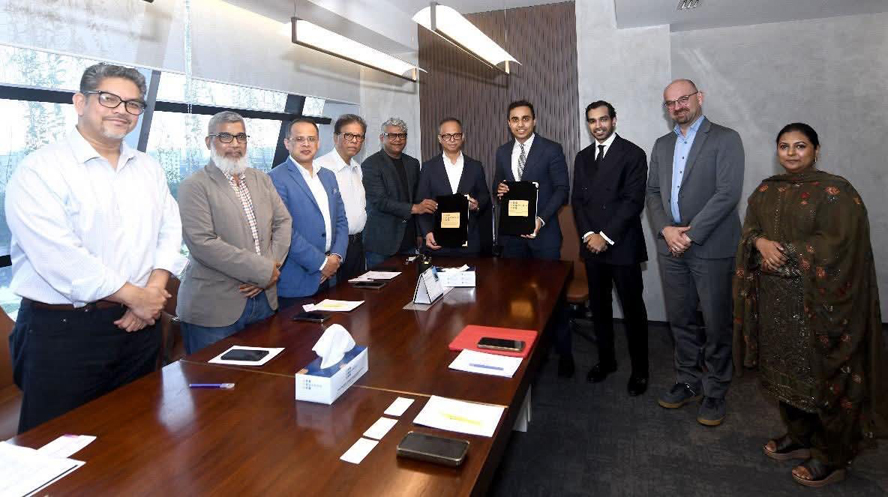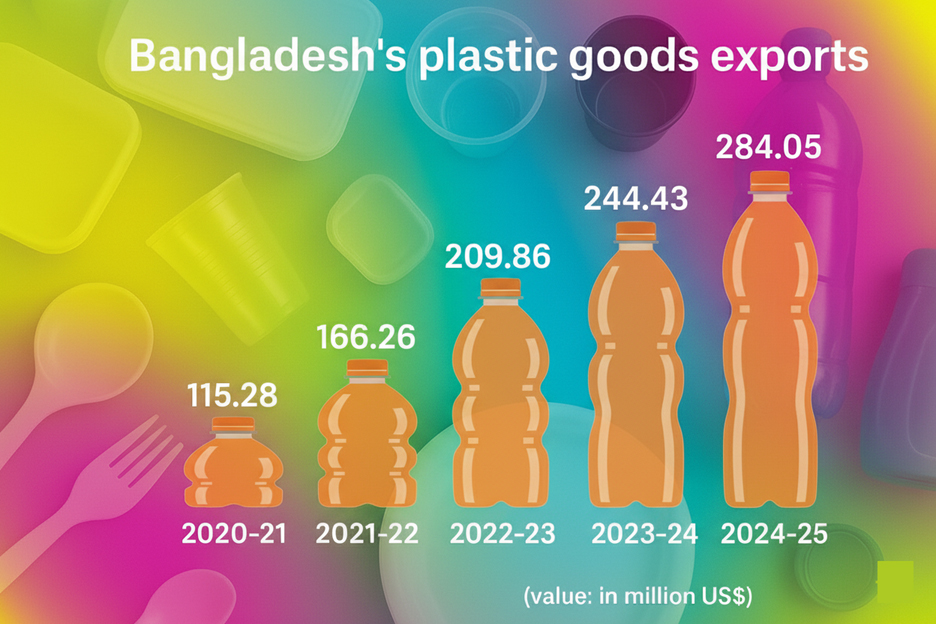The Government of Bangladesh has unveiled a landmark industrial policy designed to transform the country’s transport sector, reduce carbon emissions, and establish a globally competitive electric vehicle (EV) industry.
Framed by the Ministry of Industries, the Electric Vehicle Industry Development Policy 2025 laid out a time-bound roadmap through 2040 to promote local manufacturing, expand charging infrastructure, and accelerate the adoption of EVs nationwide.
It formed a crucial part of Bangladesh’s broader climate and industrial development agenda, supporting the national target of reducing transport sector emissions by up to 6.33 million tonnes by 2030 with international cooperation.
According to the draft, the policy included specific action plans to identify and register electric vehicles by June 2026 and 2030 respectively.
It defined an EV as a vehicle powered by one or more electric motors with traction power supplied by an internal rechargeable battery, although it clarified that battery-powered bicycles and rickshaws, commonly known as easy bikes, would not fall under this classification.
The draft stated that the policy’s key goal was to boost domestic production of import-substituting components while enhancing the export competitiveness of locally produced parts and vehicles.
It said that the Industries Ministry, which drafted the framework, had sought opinions from relevant stakeholders before its full implementation.
Bangladesh’s push towards electric mobility came amid mounting environmental pressures.
Ranked as the seventh most climate-vulnerable country in the world, it faced growing threats from sea-level rise and extreme weather events.
Studies warned that by 2050, one in every seven Bangladeshis could be displaced, with about 11 per cent of land lost to flooding and 18 million people affected.
The transport sector remained the country’s third-largest source of carbon emissions and the top consumer of petroleum, accounting for 63 per cent of national fuel use and 81 per cent of transport-related emissions.
The draft policy described the EV policy as both an environmental imperative and an industrial opportunity, stating that it aimed to reduce dependence on imported fossil fuels, lower emissions, and create new opportunities in manufacturing, export diversification, and employment.
It said that the government envisioned developing a sustainable industrial base around EVs while cutting fuel import costs and promoting cleaner, affordable mobility solutions.
According to the draft policy, a key strength of the framework lay in its fiscal measures.
It stated that import duties on completely built electric cars, buses, trucks, and motorcycles would be capped between 31 and 37 per cent until 2030, while local assemblers importing completely knocked-down kits would face a total tax burden of only 15.25 per cent until 2035.
The policy stated that manufacturers of EVs and components would receive a full income tax exemption until 2040 and be eligible for VAT waivers across all stages of production.
It said that raw materials and parts imported for EV production would attract just one per cent customs duty to encourage domestic manufacturing.
The policy highlighted battery manufacturing as a priority, noting that locally produced lithium-ion and lead-acid batteries would benefit from full VAT exemptions and tax incentives under the Made in Bangladesh initiative, while imported batteries would face a 26.2 per cent tax.
It also encouraged domestic investment in LED and lithium-ion battery production to develop an integrated supply chain.
The draft stated that the expansion of charging infrastructure was a key focus, in line with the Electric Vehicle Charging Guideline 2022, and that private investment in charging networks would be incentivised through a ten-year income tax holiday for operators and component manufacturers.
It said that new building codes would include EV charging facilities and that existing fuel stations would be upgraded to accommodate charging points, while renewable energy sources, including solar power, could also be used for EV charging.
On the regulatory side, the policy indicated that EV standards would align with international norms under the Road Transport Act 2018 and Road Transport Rules 2022, and that all vehicles would need a globally recognised identification number and an engraved motor number.
The draft policy said that registration and roadworthiness procedures would follow existing norms for internal combustion engine vehicles, but registration fees would be reduced by 50 per cent and advance income tax would be fully waived for new EVs and annual renewals until 2030.
The draft said that at least 30 per cent of vehicles procured by government and semi-government agencies should be electric by 2030.
A scrappage programme would be introduced to replace older petrol and diesel vehicles with EVs, and that bank financing facilities would cover up to 60 per cent of purchase costs with repayment terms of up to eight years.
It noted that export-oriented manufacturers would receive bonded warehouse facilities and cash incentives to strengthen Bangladesh’s participation in global EV value chains.
The policy explained that a three-tier governance structure would be established, headed by the Electric Vehicle Industry Development Council, chaired by the Minister of Industries and including representatives from key ministries, agencies, and industry experts.
It said that supporting bodies—the Policy Implementation Committee and the Technical Committee—would ensure coordination and timely execution of the policy’s phased targets, scheduled from mid-2025 through 2040.
Runners Group head of the Corporate Office Mohammad Aminur Rahman welcomed the policy but noted that the EV industry faced challenges due to a lack of coordination among government agencies.
He said the proposed policy largely addressed industry issues but stressed that better coordination between the Ministries of Industries, Commerce, and the National Board of Revenue was needed for the sector to flourish.
Aminur said that companies like Rangs, Mitsubishi, and Hyundai, which manufacture electric and hybrid vehicles, encountered discrimination across different manufacturing tiers, as not all parts were produced or assembled in a single location, resulting in varied customs duties that prevented them from fully benefiting from tax exemptions.


